Politics and Governance
Recently, we are witnessing more cases where wars, coup d'états and authoritarian administrations are destroying people’s peaceful lives and depriving people not only of the opportunities to pursue great possibilities in life but even their lives themselves. Furthermore, with competition among great powers becoming intense, it is increasingly important for many developing countries to establish a diplomatic environment that is not at the mercy of great powers.
Economic Growth and Poverty Reduction
There are still many impoverished people in the world, and poverty reduction remains a fundamental development challenge. In addition, some countries that have achieved a certain level of development are faced with the problem of disparities and delays in social development, and thus it is necessary to achieve not only quantitative economic growth but also quality growth with inclusiveness, sustainability and resilience.
Human Development
Human development is the process of enlarging people's capabilities and choices so that they can live full, creative and stable lives in freedom and dignity. Receiving an education, living a long and healthy life, and enjoying a good living standard are indispensable for individuals, as well as for socio-economic development of communities.
Peacebuilding and Humanitarian Support
In today's world, various crises threaten people's survival, livelihoods, and dignity. These include armed conflicts, large-scale natural disasters, outbreaks of infectious diseases, and transnational crimes. There are many underlying causes of these crises—such as poverty, discrimination, inequality and climate change—requiring the international community to think and act innovatively and dynamically.
Global Environment
In many developing countries, environmental problems such as waste disposal, water pollution, and air pollution are becoming more serious than ever with the progress of economic development, population growth and urbanization. Climate change is also a threat to the stability and prosperity of all the countries of the world and to human security. However, many environmental problems are caused by a combination of complex factors, and it is difficult to find short-term solutions. In addition, the issues often need to be examined, taking account of various aspects such as the scientific analysis of environmental problems and climate change, the design of legal systems, and the implementation of policies. Therefore, it is important to consider how to address environmental problems and climate change in developing countries, and to conduct research based on experience and data obtained from the field of development cooperation while incorporating the latest knowledge and methods accumulated in the field of natural science.
Development Cooperation Strategies
Since Japan began its development cooperation activities, the political and economic environment in this country and abroad has changed significantly. Research to guide the future direction of JICA projects and strategies through learning from history and empirical analysis is becoming more important than ever before. This research cluster is focusing on studies that recap the history of Japan's development and development cooperation, as well as those that explore the characteristics of its development cooperation, taking the field of industrial development as an example.











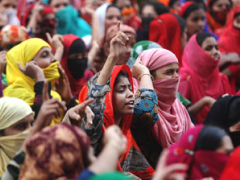
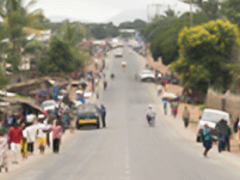
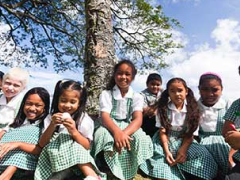
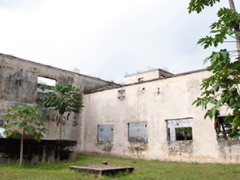

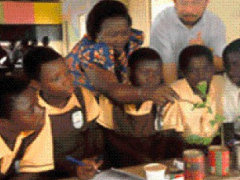
scroll